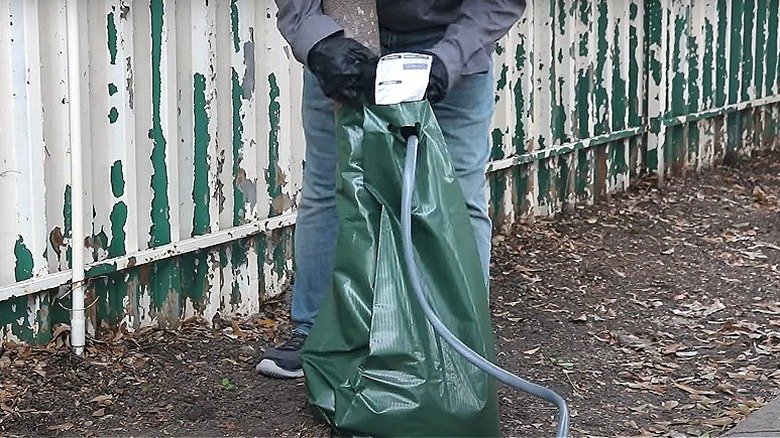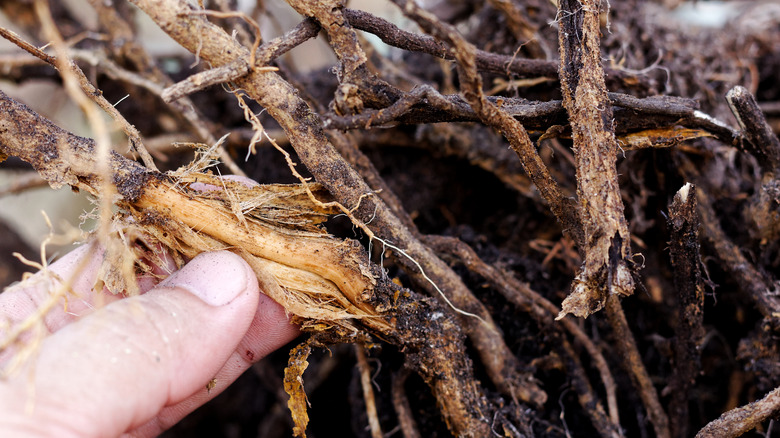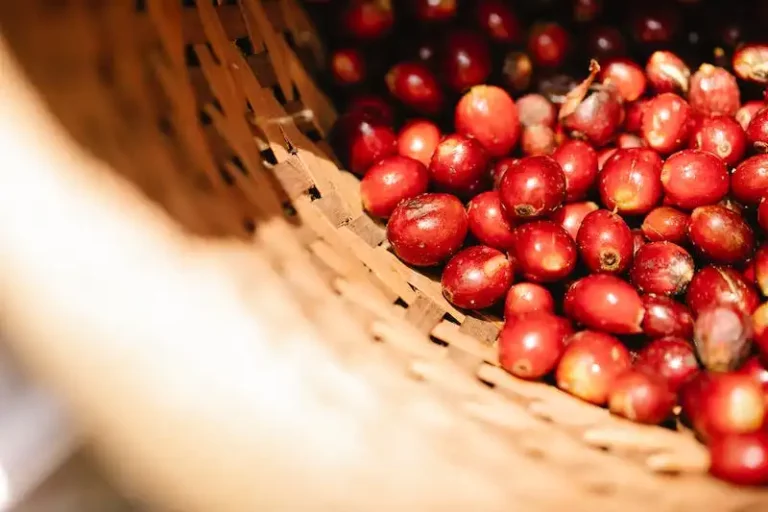Garden Trees, Shrubs & Vines
Sakshi Khaitan
Providing trees with adequate hydration is a fundamental necessity to ensure proper growth and vitality. Following appropriate watering practices is especially crucial for newly planted trees, as they’re susceptible to transplant shock and have yet to develop a strong root system. While several irrigation methods exist, including sprinklers and hoses, they can be unsuitable for zones without sufficient water. Fortunately, tree watering bags can resolve this problem as they’re pre-filled with steadily released water.
Crafted from durable materials, tree irrigation bags cradle the base of a tree or sit on top of its bed to deliver water efficiently. However, whether they’re the right investment choice for you depends on several factors, such as your tree type, age, and personal preferences. Tree watering bags are tremendously useful for young trees growing new roots but are unnecessary for their mature counterparts. Similarly, they’re unsuitable for most plants, with large ornamentals, shrubs, and dwarf trees being an exception. Also, some gardeners find their look unpalatable.
Understanding tree watering bags

YouTube
A tree watering bag is a sturdy pouch that wraps around a tree trunk’s bottom and directly feeds water to the root system through tiny perforations. With a capacity of around 15 to 20 gallons, these bags efficiently hydrate vegetation over the span of five to nine hours without any surface run-off. While several irrigation bags exist, manually filled ones are the most common, as they can be easily filled with a hose and require little maintenance.
Using a tree watering bag is pretty straightforward — simply position it around your tree’s base and fasten it with a zipper or strap. You may want to affix a trellis-like frame to larger irrigation bags for additional support. Flatten the bag, then fill it to the brim with water and allow it to do its job. This should last you a whole week, except when the weather turns scorching or your trees are cultivated in sandy soils. You might have to refill every other day in such cases.
Are watering bags worth your while

Kritchai7752/Shutterstock
Given how poor watering practices often lead to the untimely demise of new trees, tree watering bags come to the rescue with complete quantity control and precise root targeting, leaving no scope for water wastage. Moreover, these thirst-quenching tools come in handy in regions experiencing dry spells, ensuring lower evaporation while keeping sensitive trees cool and well-hydrated. They’re also useful in sprinkler-free zones because pre-filled bags can be directly hauled for watering plants. On average, watering bags cost around $15 per bag.
While practical for young trees, tree watering bags lose their utility when trees hit the three-year mark because, by then, they have established deeply-entrenched roots that can handle their water requirements. Besides, irrigation bags must be replaced every 60 to 90 days, given their constant exposure to environmental vagaries, and removed entirely during winter. Further, they don’t perform well in southern regions, as they create a humid environment around the tree, turning it into a breeding ground for diseases and pests like root rot and earwigs.



